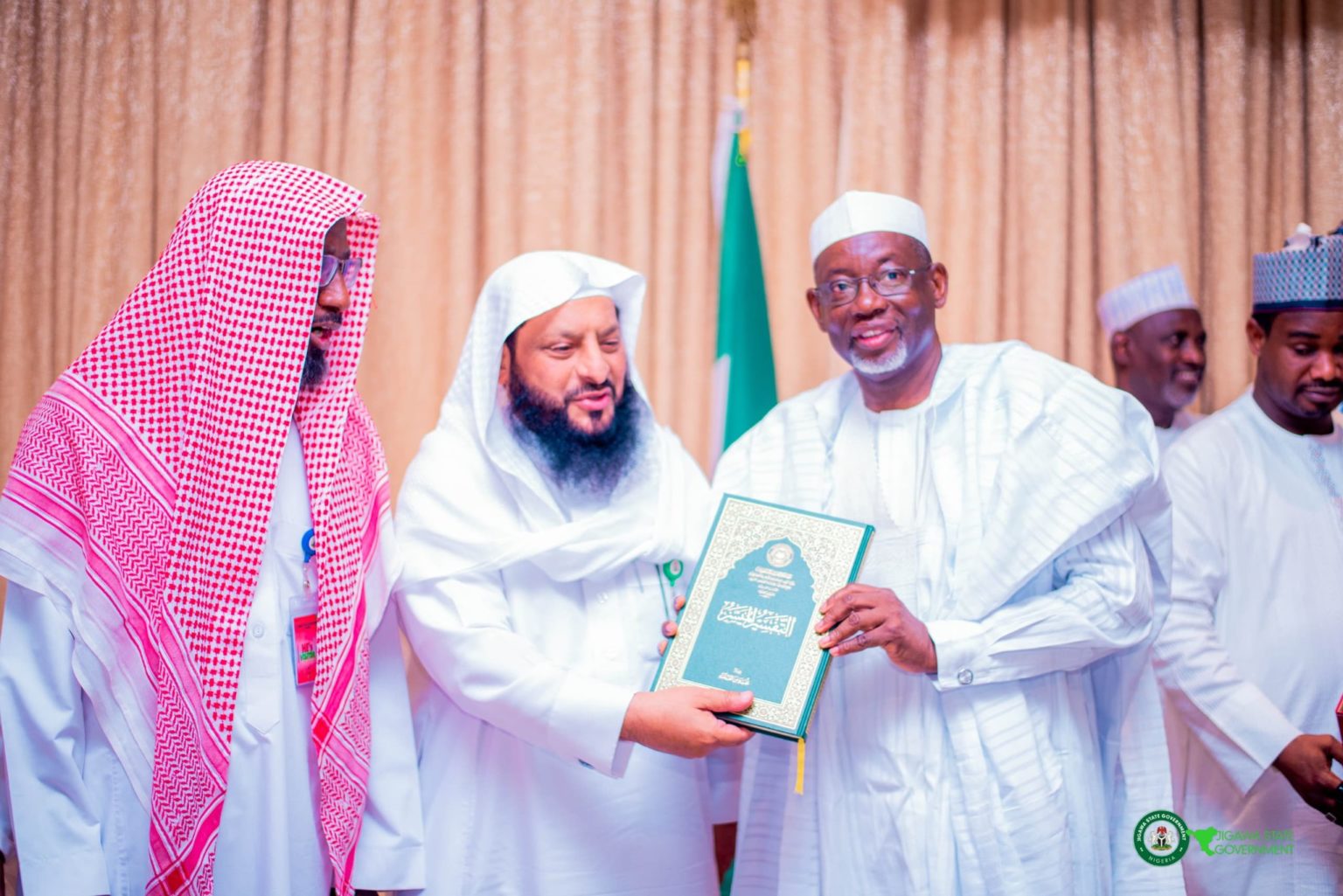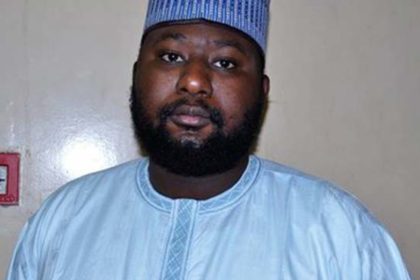In a move towards enhancing Qur’anic education, the Jigawa State Government has forged a partnership with the Alfurqan Qur’anic Foundation, a prominent Islamic organization based in Saudi Arabia.
The collaboration aims to modernize and improve the Tsangaya Qur’anic education system, integrating advanced teaching techniques to foster quick comprehension and memorization.
The partnership was officially announced during a courtesy visit by a delegation from the Foundation, led by its chairman, Sheikh Abdalla Ibn Nasir Al-Utaibiy, to Governor Mallam Umar Namadi at the Government House in Dutse on Friday.
Sheikh Al-Utaibiy lauded Governor Namadi’s dedication to advancing Qur’anic education in Jigawa State and highlighted the Foundation’s five-decade-long commitment to supporting Qur’anic recitation and memorization.
“Our mission is to improve the methods of teaching the Qur’an, employing modern techniques that facilitate quick comprehension and memorization,” said Sheikh Al-Utaibiy.
He emphasized the Foundation’s expertise in innovative teaching methods, particularly those designed to aid the deaf and young children in memorizing the Qur’an.
Governor Namadi expressed his profound gratitude for the Foundation’s support and the establishment of this vital partnership. “I want to express our deep appreciation for this visit and your efforts to support us in enhancing Qur’anic education. Your presence here signifies a crucial step in our shared mission,” he stated.
Reflecting on the significant role of the Qur’an in the lives of Jigawa State’s predominantly Muslim population, Governor Namadi reiterated his administration’s commitment to prioritizing Qur’anic education.
“Given that about 99% of our population are Muslims, teaching and spreading the teachings of the Holy Qur’an is of paramount importance, as it is through this sacred book that our people find guidance and strength,” he affirmed.
Governor Namadi highlighted his administration’s initiatives to reform the Tsangaya system, aiming to integrate both Islamic and Western education along with vocational training.
“We are implementing reforms to our Tsangaya system, ensuring that it incorporates both Islamic and Western education, as well as providing training in crafts and skills to prepare our students for a well-rounded future,” he explained.
A cornerstone of these reforms includes the establishment of three mega Tsangaya schools, one in each of the state’s three senatorial districts. “We’ve established three mega Tsangaya schools, each designed to graduate students as Qur’anic scholars and entrepreneurs. This initiative is a testament to our dedication to comprehensive education,” Governor Namadi announced.
To ensure the sustainability of these educational reforms, Governor Namadi revealed the appointment of three advisers on Tsangaya education, one from each senatorial district, and the creation of the Tsangaya Board, a special agency dedicated to regulating and upgrading traditional Qur’anic education methods.
“We are establishing the Tsangaya Board, a special agency dedicated to regulating and upgrading our traditional methods of studying the Qur’an. This initiative will transform and modernize our approach to Qur’anic education,” he said.
Governor Namadi also expressed gratitude for the Foundation’s hospitality towards Jigawa State’s delegation during their visit to Ta’if last year.
“We are immensely grateful for the kindness and hospitality shown to our delegation during their visit to Ta’if last year. Such generosity strengthens our bonds and paves the way for fruitful cooperation,” he emphasized.
The partnership between Jigawa State and the Alfurqan Qur’anic Foundation marks a significant milestone in the state’s educational landscape, promising a future where Qur’anic education is both comprehensive and accessible to all.




